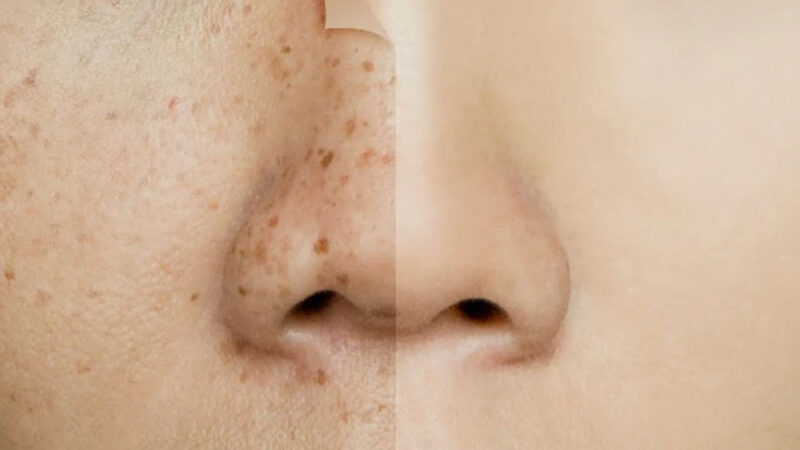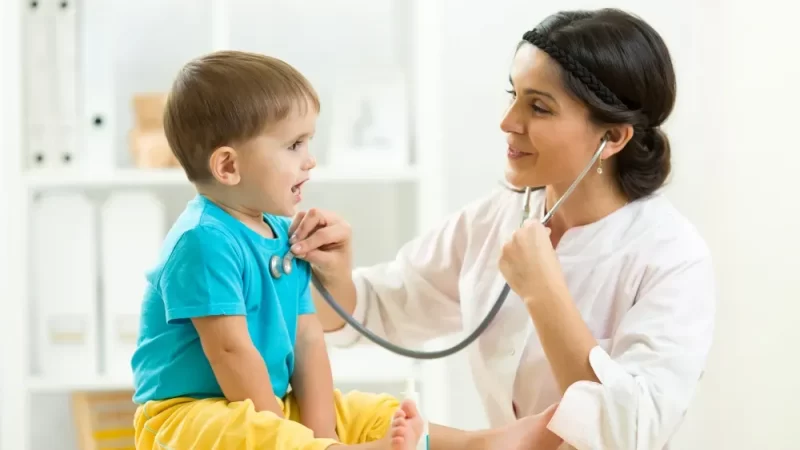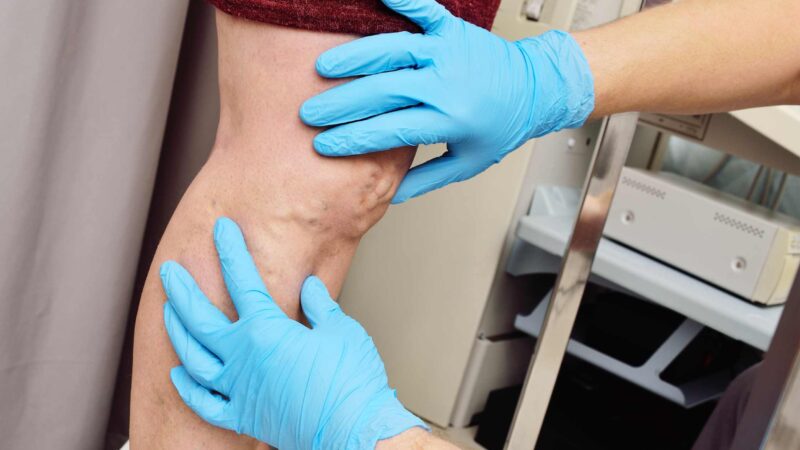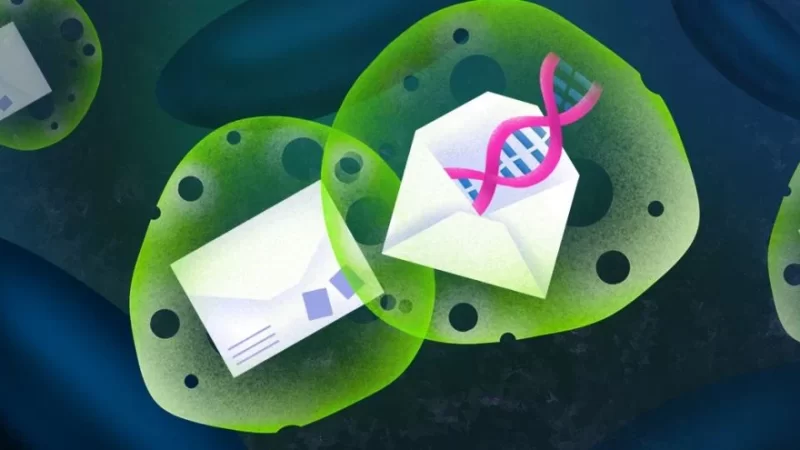I Have A Friend Who Abuses Alcohol. How Do I Help Them Stop Drinking?

For many, drinking is an ordinary, social part of life. The substance is legal around the world and it is socially acceptable for an adult to enjoy a beer, wine, cocktail or other drink.
If you are reading this post, you probably have a close friend that you are concerned about. But since alcohol’s effects vary so much from one person to the next, it’s not always easy to tell when your friend’s alcohol intake has crossed the line from responsible, social drinking to alcohol abuse or alcohol addiction. There is no hard line or precise amount of alcohol that indicates your friend has an alcohol use disorder. Instead, it is defined by how drinking affects your friend’s life.
It can be hard to tell when a friend is merely abusing alcohol (the heavy drinker) or is truly an alcoholic (e.g., addicted to alcohol). Alcohol abuse and alcoholism are the two general categories of problem drinking.
How to talk to a friend about their drinking
If you are looking for advice, then you probably already think that it won’t be easy to talk to your friend about their drinking. You may be worried that you will run into anger, defensiveness, and straight denial that they have a problem, or that they will lash out at you verbally. These are all common reactions when someone is confronted about their alcohol problem. This is not a reason to avoid saying anything. Your friend’s drinking isn’t likely to lessen on its own; in fact it will probably get worse unless you speak up.
- Choose a time when your friend is not intoxicated or drinking
- Express your concerns in a caring way
- Encourage your loved one to open up
- Consider staging a professional intervention or family meeting
While it is great that you are willing to express your concerns directly, you need to remember that you cannot force another adult to stop abusing alcohol. As hard as it may be to watch your friend progress downward in their alcohol abuse, you cannot make them stop drinking. The choice is up to them, and choosing to seek help of any type is fully up to them.
What you can do, though, is offer them steps they can take to address their problem—whether that’s calling a helpline, talking to a doctor or counsellor, entering treatment, or going to a group meeting.
Signs of Alcohol Abuse in Friends
The chronic abuse of alcohol can result in an array of consequences for the drinker. Your heavy-drinking, alcohol-abusing friends may or may not yet be actual alcoholics (physically addicted). How do you tell the difference between the two? The alcoholic experiences physical withdrawal symptoms that appear when no alcohol has been ingested. Some withdrawal symptoms can be deadly serious.
Alcohol abuse is the risky game played by heavy drinkers, and the abuse of booze can result in an array of problems including all sorts of negative consequences for the drinker. These heavy-drinking, alcohol-abusing folks may or may not yet be actual alcoholics (physically addicted), technically speaking. How can you tell the difference? Well, the alcoholic experiences withdrawal symptoms which appear when no alcohol has been ingested. Some withdrawal symptoms can be deadly serious.
- Problems at work or school because of drinking, such as tardiness, absenteeism
- Engaging in risky behavior when drinking (e.g., driving while intoxicated, sexual promiscuity)
- After drinking, they cannot remember what happened while they were drinking (experiencing blackouts)
- Legal problems stemming from drinking (e.g DUI/DWI, public intoxication, assault)
- Causing harm to themselves or others when drinking
- Drinking despite health problems caused or made worse by alcohol use
- Friends or family members worrying about their drinking
Signs of Alcoholism Alcohol Addiction in Friends
Alcoholism is the addiction to alcohol. It is defined as having a physical addiction to alcohol and continuing to chronically drink in the face of problems with physical and/or mental health that derive from the drinking. There typically are also already problems occurring with family, careers or jobs, social and other important responsibilities as well.
- They cannot quit drinking and/or have lost control over how much they drink
- They require more alcohol than before to get the same effect
- Withdrawal symptoms occur when your friend stops drinking (e.g., feeling sick to your stomach, sweating, shakiness, insomnia, anxiety)
- The majority of their time is spent drinking and recovering from drinking
- Your friend has given up other activities (or misses out on activities) in favor of drinking
- Your friend continues to drink despite knowing it is harming their relationships, causing health problems, etc.
Other Alcoholism Warning Signs
- Drinking in the morning, being drunk often for long periods of time, drinking alone
- Changing what they drink (e.g., switching from liquor to beer or wine) in an effort to drink less or prevent drunkenness
- Feeling guilt and remorse after drinking
- Making excuses for drinking or attempting to conceal their drinking, such as buying alcohol at different stores
- Worrying that they won’t get enough alcohol to last through the evening or weekend
- Showing physical signs of alcohol dependence (e.g., weight loss, a sore or upset stomach (gastritis), redness of the nose and cheeks, etc.)
If you feel your friend is abusing alcohol heavily or is already showing signs of physical addiction to alcohol, there are several clear pathways you can take. If their parents or other immediate family are accessible, you may need to make sure they are aware of the problem. If you have the attention of your friend’s family on your side, then there is a real chance of making change for your friend. With multiple family members involved, tactics such as a professional intervention revolving around a family meeting can be used. The end goal is to have your friend decide on their own that they would like to enter professional treatment.
The E.B. Intervention Team provides families, loved ones and organizations in all over the U.S. with private intervention services and education. We are a nationally recognized professional intervention service. Our full professional intervention services are available in all 50 states; we travel frequently to various states for family interventions.
Our team leads the family through a professional intervention and will also recommend and coordinate a treatment center that is a good fit, offering your friend the ideal treatment modalities and a foundation for success. *We are not a placement service or sales team for treatment centers; we receive no commission or compensation for referring you to treatment.
For information on professional interventions & private family interventions. please call 844.719.0505 or visit us at EBIntervention.org.
Helpful Resource







